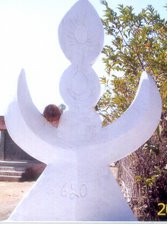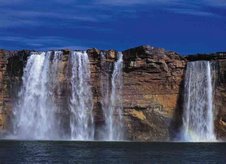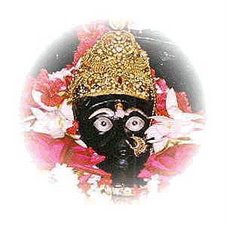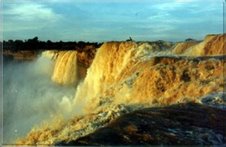
Are we a nation ? - B.R. Ambedkar
On 26th January 1950, we are going to enter into a life of contradictions. In politics, we will have equality and in social and economic structure, continue to deny the principle of one man one value. How long shall we continue to live this life of contradictions? How long shall we continue to deny equality in our social and economic life? If we continue to deny it for long, we will do so only by putting our political democracy in peril. We must remove this contradiction at the earliest possible moment else those who suffer from inequality will blow up the structure of democracy which this Constituent Assembly has so laboriously built up.
There is no nation of Indians in the real sense of the world, it is yet to be created. In believing we are a nation, we are cherishing a great delusion. How can people divided into thousand of castes be a nation? The sooner we realise that we are not yet a nation, in a social and psychological sense of the world, the better for us.
Walter Bagehot defined democracy as ' Government by discussion'. Abraham Lincoln defined democracy as 'A Government of the people, by the people and for the people'.
My definition of democracy is - A form and a method of Government whereby revolutionary changes in the social life are brought about without bloodshed. That is the real test. It is perhaps the severest test. But when you are judging the quality of the material you must put it to the severest test.Democracy is not merely a form of Government. It is primarily a mode of associated living, of conjoint communicated experience. It is essentially an attitude of respect and reverence towards our fellow men.
A democratic form of Government presupposes a democratic form of a society, The formal framework of democracy is of no value and would indeed be a misfit if there was no social democracy. It may not be necessary for a democratic society to be marked by unity, by community of purpose, by loyalty to public ends and by mutuality of sympathy. But it does unmistakably involve two things. The first is an attitude of mind, and attitude of respect and equality towards their fellows.
The second is a social organisation free from rigid social barriers. Democracy is incompatible and inconsistent with isolation and exclusiveness resulting in the distinction between the privileged and the unprivileged.What we must do is not to content ourselves with mere political democracy. We must make our political democracy a social democracy as well. Political democracy cannot last unless there is at the base of it, a social democracy. What does social democracy mean? It means away of life which recognises liberty, equality and fraternity as the principles of life.
These principles of liberty, equality and fraternity are not to be treated as separate items. They form a union in the sense that, to divorce one from the other is to defeat the very purpose of democracy. Liberty cannot be divorced from equality, nor can liberty and equality be divorced from fraternity.Positively, my social philosophy may be said to be enshrined in three word, liberty, equality and fraternity. Let no one however say that I borrowed by philosophy from the French Revolution. I have not.
My philosophy has its roots in religion and not in political science. I havederived them from the teachings of my master, the Buddha.
What are we having this liberty for? We are having this liberty in order to reform our social system, which is full of inequality, discrimination and other things, which conflict with our fundamental rights.
What are we having this liberty for? We are having this liberty in order to reform our social system, which is full of inequality, discrimination and other things, which conflict with our fundamental rights.
Our object in framing the Constitution is really two-fold:
(1) To lay down the form of political democracy, and
(2) To lay down that our ideal is economic democracy and also to prescribe that every Government whatever is in power shall strive to bring about economic democracy. The directive principles have a great value, for they lay down that our ideal is economic democracy.
If I find the constitution being misused, I shall be the first to burn it.
If I find the constitution being misused, I shall be the first to burn it.
On 26th Jan. 1950, India will be an independent country. What would happen to her independence? Will she maintain or will she lose it again? This is the first thought that comes to my mind.It is not that India was never an independent country. The point is that she once lost the independence she had. Will she lose it a second time? It is this thought which makes makes me most anxious for the future. What perturbs me greatly is the fact that not only India has once before lost her independence, but she lost it by treachery of some of her own people...
Will history repeat itself? It is this thought which ills me with anxiety. This anxiety is deepened by the realization of the fact that in addition to our old enemies in the form of castes & creeds, we are going to have many political parties with diverse & opposing political creeds.
Will history repeat itself? It is this thought which ills me with anxiety. This anxiety is deepened by the realization of the fact that in addition to our old enemies in the form of castes & creeds, we are going to have many political parties with diverse & opposing political creeds.
Will Indians place the country above their creed or creed above their country? I do not know, But this much is certain that if the parties place creed above country, our independence will be put in jeopardy a second time & probably be lost forever. This eventuality we all must resolutely guard against. We must be determined to defend our independence with the last drop of our blood!







No comments:
Post a Comment